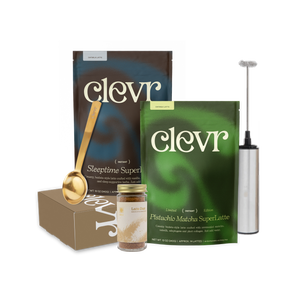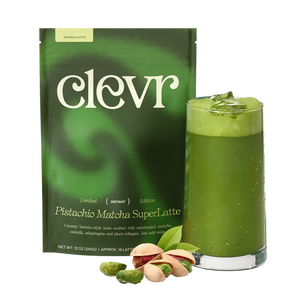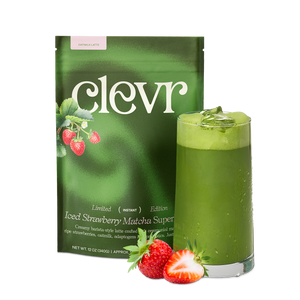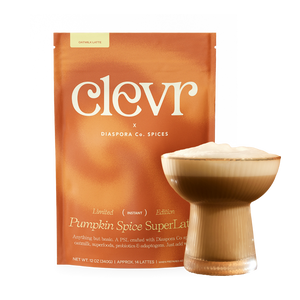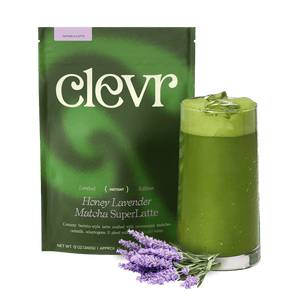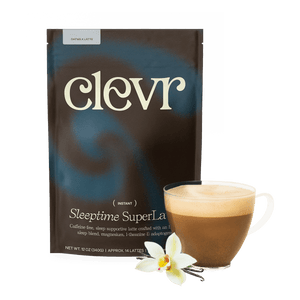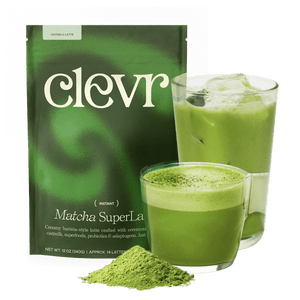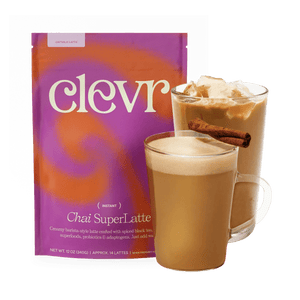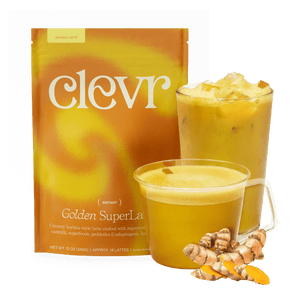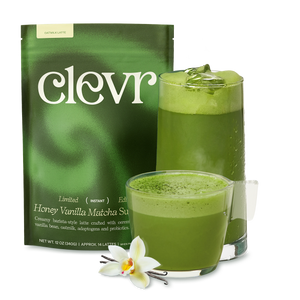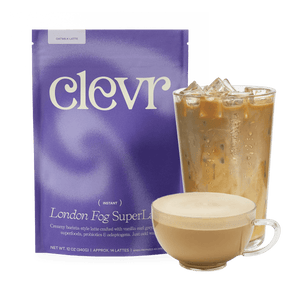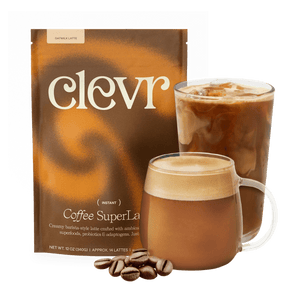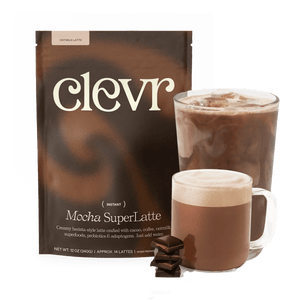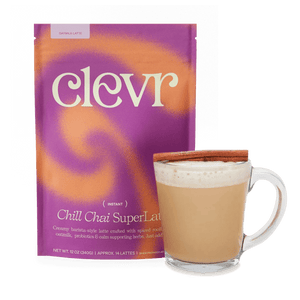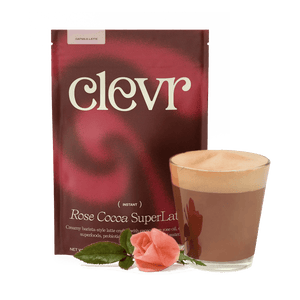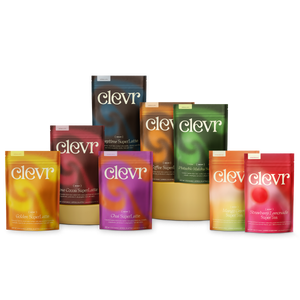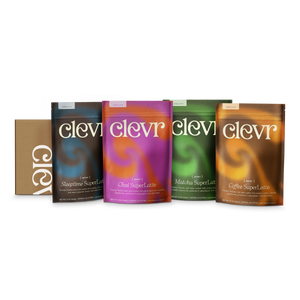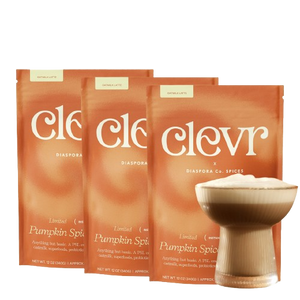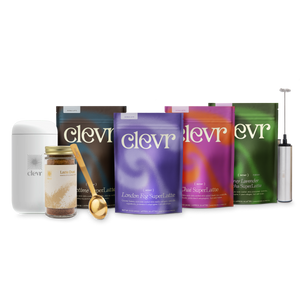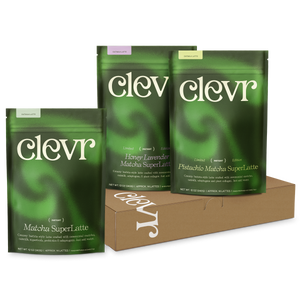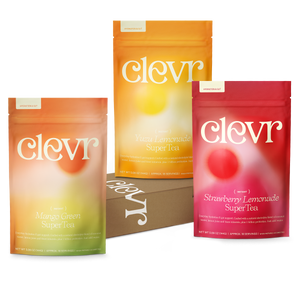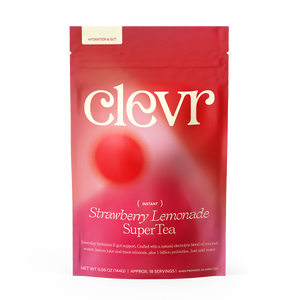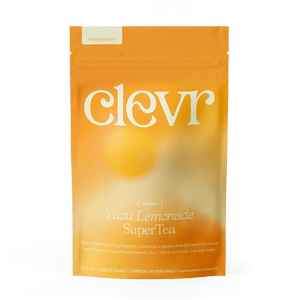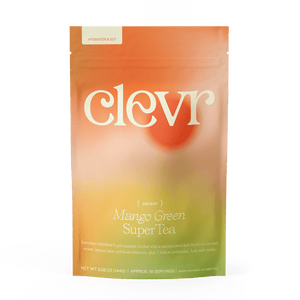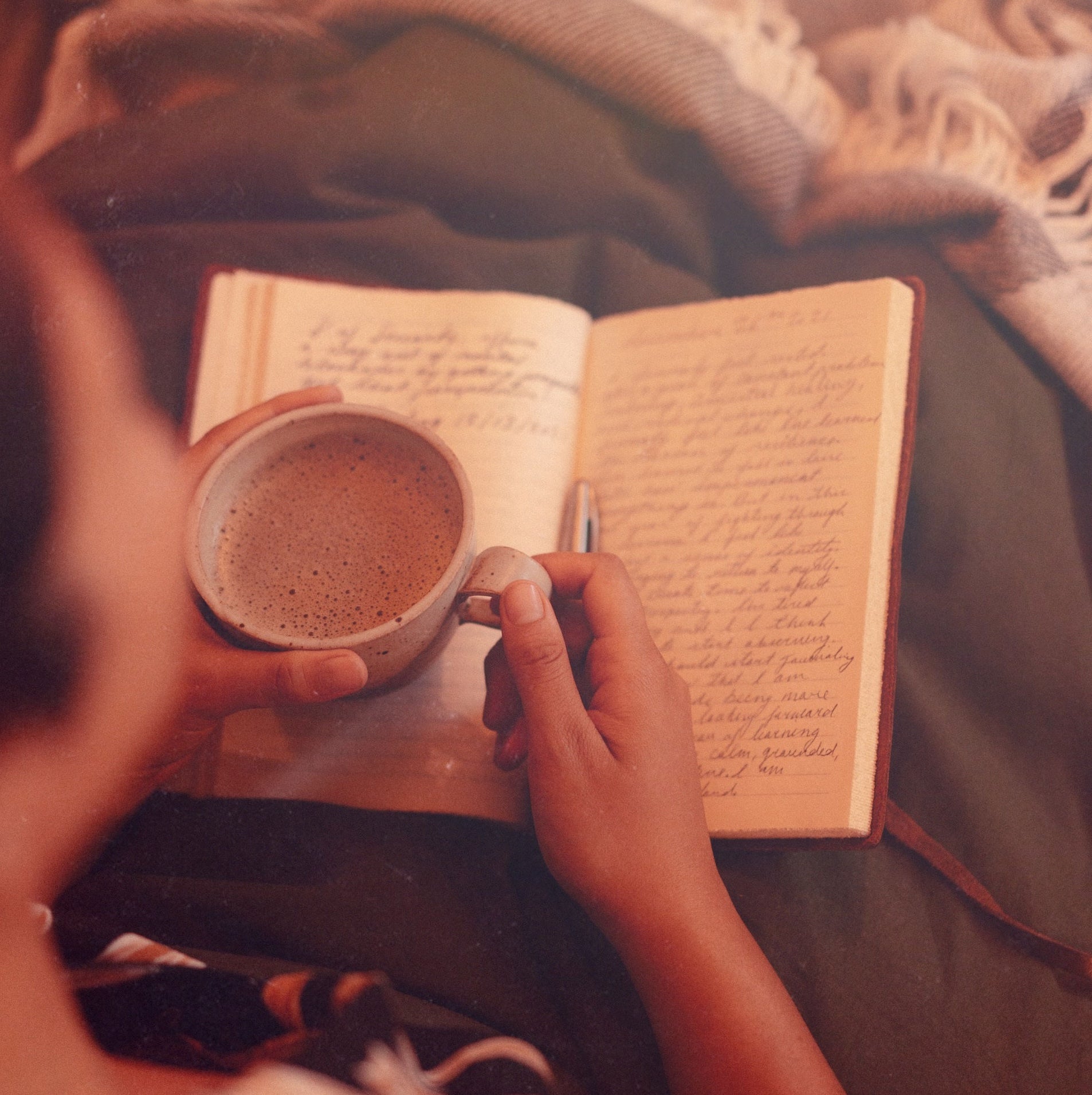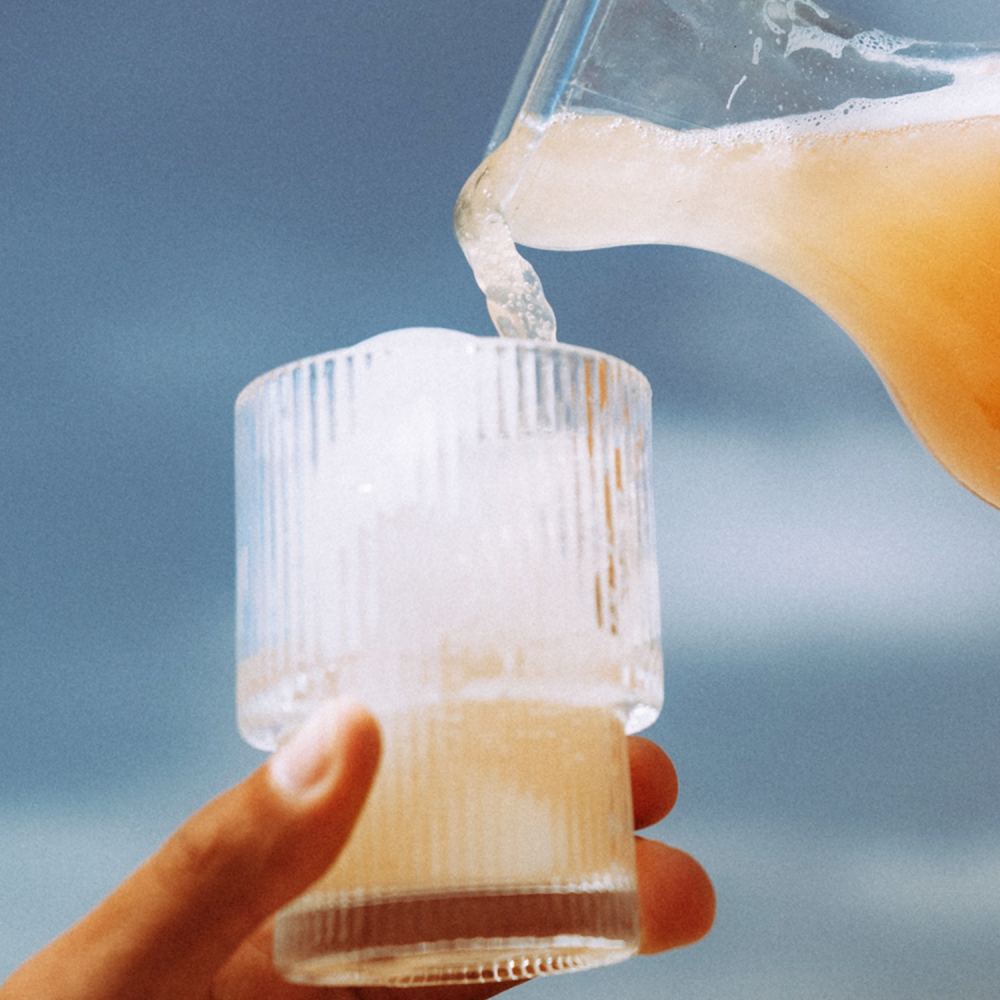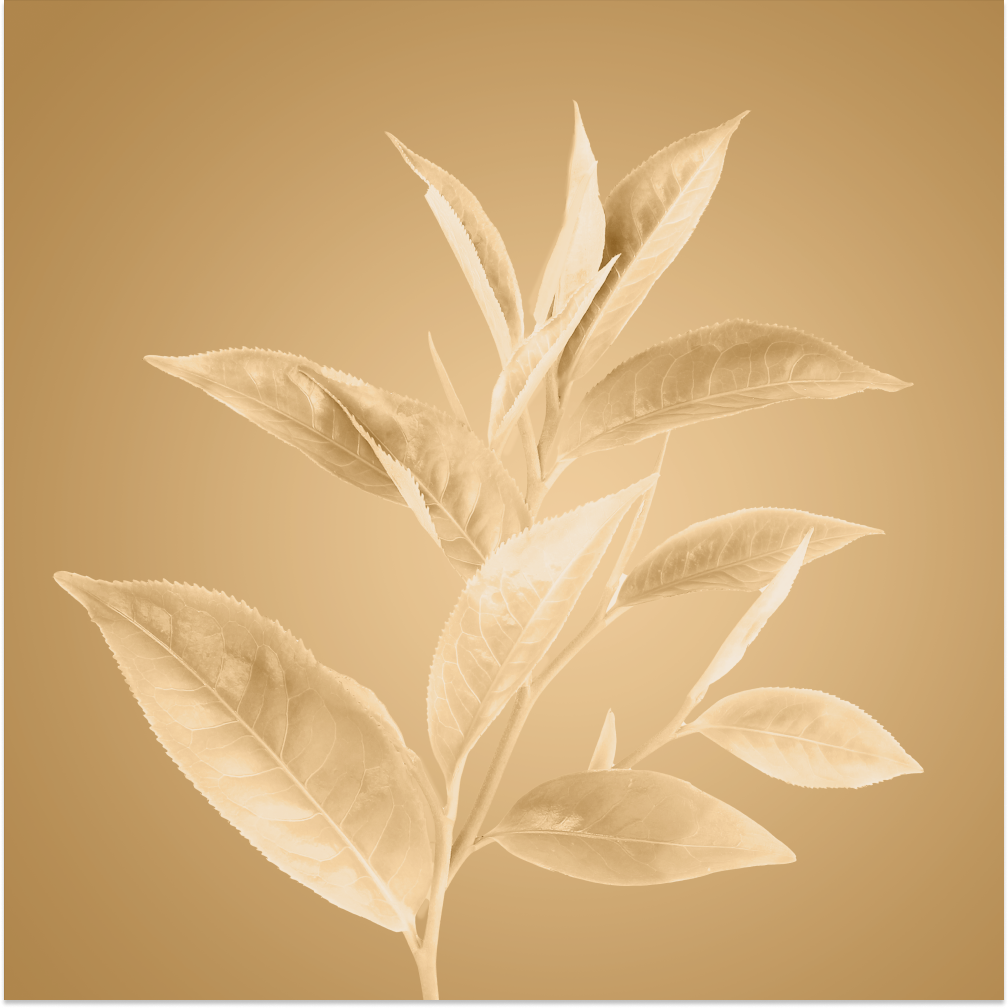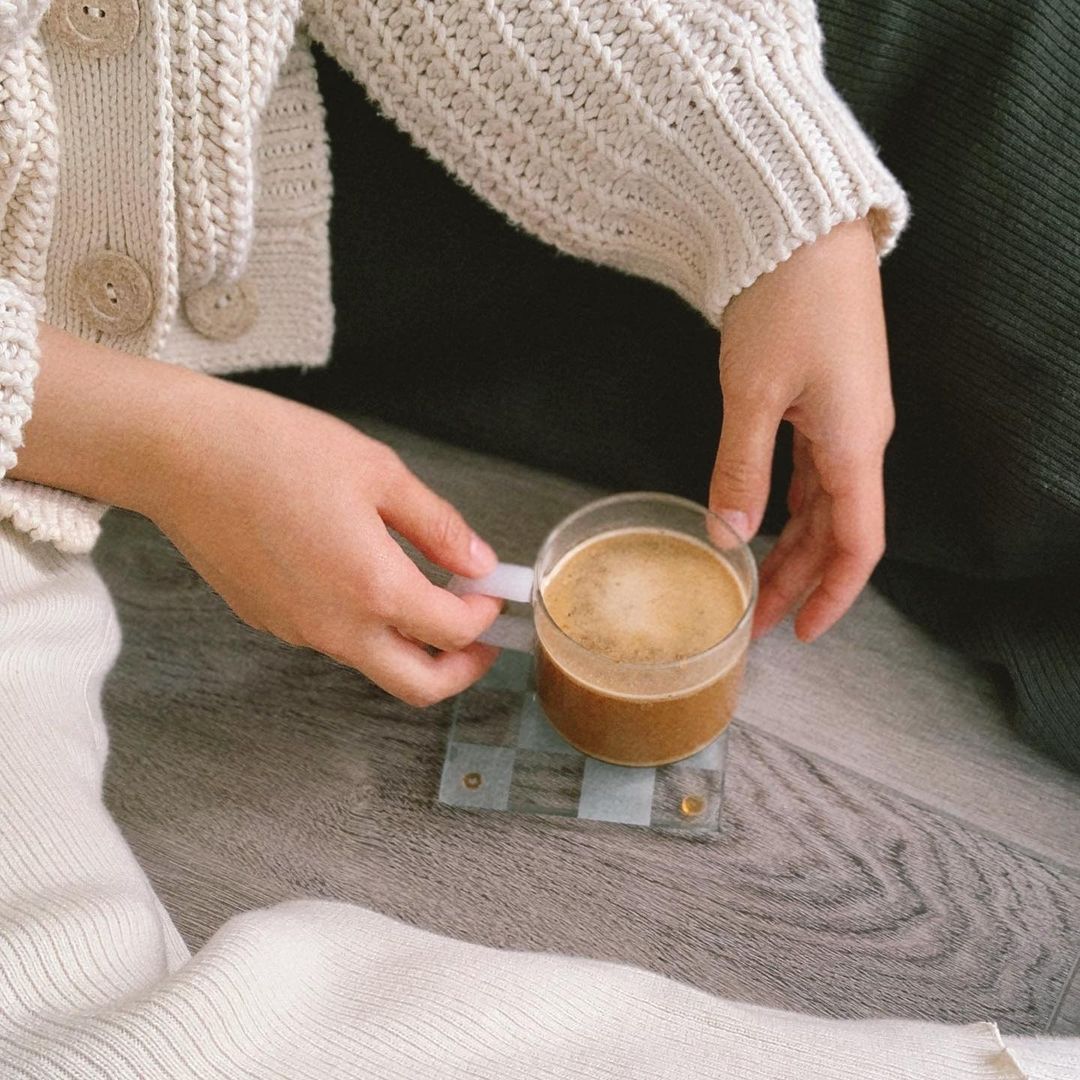
Coffee vs. Tea — Which is better for me?
Each has its own buzz, flavor options and health-boosting benefits. Here’s how to figure out what’s best for your body.
Raise your hand if your day doesn’t start until you have something delicious to sip. For most of us that boils down to coffee or tea. Both can be served hot or cold, range from floral to spicy to earthy, and are centuries-old rituals. But beyond that, they differ in big ways. There are varying caffeine boosts, health benefits, you name it. It can be all sorts of confusing.
So which one should you drink? Today we’re distilling the details, from the nutrients and caffeine levels to how your body feels on each. It’s our seriously simple guide to coffee vs. tea.
Coffee
Feel like you can’t communicate until you have your morning cuppa? That’s because coffee’s stimulating effects offer that bright kick-start to fuel your day that many of us crave. With roughly 96 mg of caffeine in an 8 oz. cup (Mayo Clinic), that means it’s a go-to for go-getters who want focus, drive, and energy. Coffee is also a great source of polyphenols (Antioxidants, 2018), which have antioxidant and anti-inflammatory benefits.
But as much as you might want coffee, it might not align with your body. Maybe it stirs up gut issues or ramps up anxiety. Here are a few easy modifications:
- Choose darker roasts — think beans from Colombia or Mexico — which generally pack less caffeine (Cook’s Illustrated).
- Pair coffee with easily digested fats like coconut cream that help slow coffee absorption and provide steady, long-term energy. This is extra important if you’re sipping on an empty stomach.
- Mix in soothing adaptogens that help even out adrenal overstimulation and build up your resilience to stress.
- The coarser the grind, the lower the acid. That means pour-overs and French press could be better fits if you’re sensitive to acidity.
Still feeling jittery? Try switching to lower-caff options, like: yerba mate, our Coffee SuperLatte (half the caffeine of regular drip coffee), chai, cacao, or decaf coffee, which still has traces of caffeine. It’s not about cutting the cord but figuring out the right amount for you.
Tea
With less caffeine overall, green and black teas are common coffee alternatives that nurture focus and energy without overstimulating (Healthline, 2019). Like coffee, they’re loaded with antioxidants, but tea gets a unique advantage with L-Theanine, an amino acid that keeps you alert but relaxed. Beyond that, these teas are more nuanced than you’d think.
Green Tea
Of the two teas, green gets slightly higher marks (Harvard Medical School, 2020). It’s loaded with antioxidants, like epigallocatechin-3-gallate (EGCG) and contains slightly more L-Theanine than black tea. That’s especially true in matcha, which is made from stone-ground green tea leaves and dates back to 3000 BC China before Buddhist priests brought it to Japan (PubMed Central, 2012).
With matcha, you’re consuming the whole leaf, so you get the full spectrum of plant nutrients plus an earthy flavor. You’re also getting more of a buzz. Eight ounces of green tea typically contain 28 mg of caffeine (Mayo Clinic), while a serving of matcha can have 70–140 mg (Healthline, 2019), a boost balanced by the calming effects of L-Theanine. (For our take on the tradition, we wanted to balance both sides, which is why our Matcha SuperLatte clocks in at an even-keeled 45 mg of caffeine.) It’s great for people who want the task-crushing power of coffee without the intensity or side effects.
If you’re looking for some afternoon oomph that won’t disrupt your zzzs, try a cup of plain green tea, not matcha, no less than six hours before bed (Healthline, 2020). We personally like to play it safe and stick to a no-later-than-1 p.m. rule.
Black Tea
Black teas are like a happy medium between coffee and green tea. With roughly 47 mg of caffeine in an 8 oz. cup (Mayo Clinic), black tea wakes you up and provides focus and drive with a mellow boost (The Spruce, 2019). It’s also rich in theaflavins, polyphenols that have been shown to fight inflammation and keep blood sugar levels in check (Healthline, 2019).
There are plenty of varieties, like Earl Grey, Assam, and Ceylon that can serve as the base for barista-style black tea bevvies like masala chai or English Breakfast.
Herbal Tea
Herbal teas are made from botanicals like chamomile, hibiscus, and rooibos. It’s plant power without the buzz. Try ginger or peppermint for a tummy tamer or rose hip tea for a boost of vitamin C.
If your personality leans a little anxious, golden milk is a great option for grounding. Blended with milk — or "mylk" ;) — it gets its soothing, superfood boost from turmeric, an anti-inflammatory herb that helps amplify feel-good vibes (PubMed Central, 2008). Bonus: Its bright yellow hue also makes it one of the most photogenic drinks.
Finding the right drink means experimenting. Take note of how you feel with each — your mood, happiness, stress levels, your focus. Each of us has a unique constitution that plays a role in how our bodies receive the ingredients. So tune in and listen up, your body communicates and will tell you what’s aligning.
We’ll drink to that.
